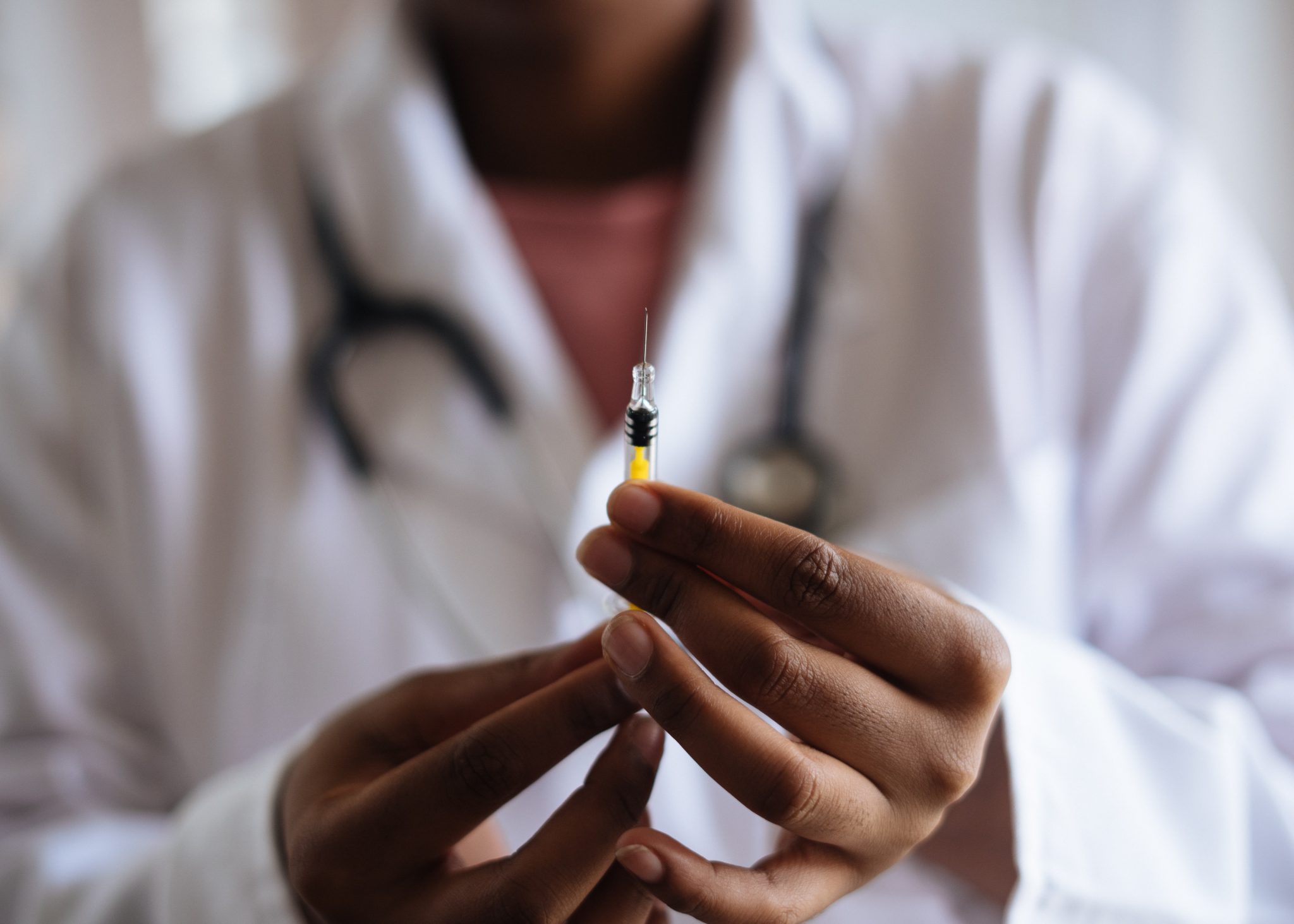5 Common Inherited Heart Diseases
You may already know that heart disease is the number one cause of death in the United States. One in every four deaths in America can be attributed to heart disease. One of the best ways to reduce your risk of heart disease is to eat a healthy diet. However, there are some forms of heart disease that are inherited rather than based on your diet and lifestyle.
5 of the most common types of inherited heart disease are:
- Bicuspid aortic valve disease
- Hypercholesterolemia
- Hypertrophic Cardiomyopathy
- Loeys-Dietz syndrome
- Marfan syndrome
We’ll take a look at some of the most common types of inherited heart disease then consider some ways that you can decrease your risk through diet and lifestyle to keep your ticker happy and healthy for many years to come.
Bicuspid Aortic Valve Disease
Bicuspid aortic valve disease is a condition where the aortic valve has two cusps instead of three. In some rare cases, people may be born with just one or even four cusps. When you have bicuspid aortic valve disease, the valves can become more narrow and constrict blood flow between the heart and body.
You may not even know that you have this condition until you’re an adult or sometimes not even until you’re in your senior years. It may never present noticeable symptoms until later in life. Some possible complications of bicuspid aortic valve disease include an enlarged aorta or aortic dissection.
What happens if you’re diagnosed with bicuspid aortic valve disease?
If you’re diagnosed with bicuspid aortic valve disease, you will need to have it monitored by a cardiologist to keep an eye out for any changes such as enlargement of the aorta or other complications.
If your condition changes, you may need to undergo a medical procedure such as:
- Aortic valve replacement
- Balloon valvuloplasty
- Aortic valve repair
- Aortic root and ascending aorta surgery
Hypercholesterolemia
This type of heart disease concerns high LDL cholesterol levels. It’s usually assumed that high cholesterol is caused by poor diet and lifestyle habits, but it is possible to inherit hypercholesterolemia. Familial hypercholestemia, inherited high cholesterol, can cause LDL levels to rise above 190. It’s important to see your doctor if high cholesterol runs in your family because hypercholestemia can cause stroke and heart attacks as young as 20 years of age.
What happens if you’re diagnosed with hypercholesterolemia?
If you’re diagnosed with hypercholesterolemia, you will need to have it monitored by a cardiologist to keep an eye out for any changes such as increasingly high LDL levels. Your doctor will most likely want to start you on medication to manage your LDL levels.
Hypertrophic Cardiomyopathy
Hypertrophic cardiomyopathy (HCM) is a condition that involves the thickening and enlargement of the heart. It is the second most common type of heart disease, affecting 1 in every 250 people. Amongst children under 12 with cardiomyopathy, nearly 4 out of 10 have HCM.
When your heart muscle becomes thicker and swollen from HCM, it can also become stiffer, affecting the blood flow between the heart and the body. Other complications of this condition may include scarring, lung congestion, and difficulty breathing after physical exertion.
If a parent or sibling is diagnosed with hypertrophic cardiomyopathy, you should make sure to have yourself, your other siblings, and children checked for HCM since it is typically caused by genetic mutations in the heart. This type of heart disease has been responsible for heart attacks in those under age 60 so it’s important to get checked out if there is any family history of it or you develop an arrhythmia.
What happens if you’re diagnosed with hypertrophic cardiomyopathy?
If you’re diagnosed with hypertrophic cardiomyopathy, you will need to have it monitored by a cardiologist to keep an eye out for any changes such as heart rhythm abnormalities or other complications. You may be given medications to manage your condition.
If your condition changes, you may need to undergo a medical procedure such as Implantable cardioverter defibrillator (ICD)
Loeys-Dietz Syndrome
This inherited heart disease consists of damage to the connective tissue in the body that can affect the cardiovascular, musculoskeletal, skin, and gastrointestinal systems. With Loeys-Dietz syndrome, the aorta can become enlarged and its walls can eventually weaken from the bulging and swelling.
There are a wide variety of symptoms of Loeys-Dietz syndrome that you may not assume to be heart-related, such as joint inflammation, easy bruising, eczema, and inflammatory bowel disease. It’s best to get checked out if you have any family history or if you have any concerns.
What happens if you’re diagnosed with Loeys-Dietz syndrome?
If you’re diagnosed with Loeys-Dietz syndrome, you will need to have it monitored by a cardiologist to keep an eye out for any changes such as further enlarging of the aorta or other complications. You may be given medications to manage your condition.
If your condition changes, you may need to undergo a medical procedure such as:
- Vascular surgery
- Orthopedic surgery
Brugada Syndrome
Brugada syndrome is one type of genetic heart disease that consists of an abnormal heart rhythym. You may notice an irregular or very fast heartbeat along with difficulty catching your breath. Brugada syndrome can lead to a heart attack so it’s best to get checked out if there’s any family history or you notice anything unusual about your heartrate.
What happens if you’re diagnosed with Brugada syndrome?
If you’re diagnosed with Brugada syndrome, you will need to have it monitored by a cardiologist to keep an eye out for any changes such as heart rhythm abnormalities or other complications. You may be given medications to manage your condition.
If your condition changes, you may need to undergo a medical procedure such as Implantable cardioverter defibrillator (ICD)
What Should You Do if You Suspect You Have Inherited Heart Disease?
If you believe you may have inherited heart disease, it’s best to get checked out by your doctor. They may refer you to a cardiologist. Be sure to share all symptoms that you have noticed along with any family history of heart disease so they can get a clear idea of what’s going on with your heart health.
Visiting a medical professional is the best way to confirm whether or not you have heart disease as they can conduct an examination and any necessary tests including an echocardiogram. Even if it turns out to be all clear, you can put your mind at ease knowing you followed through.
Is There Anything You Can Do if You Have an Inherited Heart Disease in Your Family?
Having inherited heart disease in your family history doesn’t automatically guarantee that you are going to have it. A genetic condition just puts you at a higher risk for that type of heart disease. It can serve as a caution sign for you to make helpful changes to your diet and lifestyle to decrease your risk as much as possible. A heart-healthy diet is even more important when you know that heart problems run in your family.
Summary
Now you know how being vigilant about getting your heart checked out can be beneficial for your physical and mental wellbeing. You also know some of the signals your body may be sending out to tell you that it needs some additional support for your cardiovascular health.
While a healthy diet and lifestyle are extremely helpful for a strong cardiovascular system, it’s important to seek out professional care if you have a history of heart disease or experience any symptoms related to heart disease. If you’re experiencing symptoms of poor cardiovascular health that don’t respond to diet and lifestyle changes, contact us today to book an appointment.





